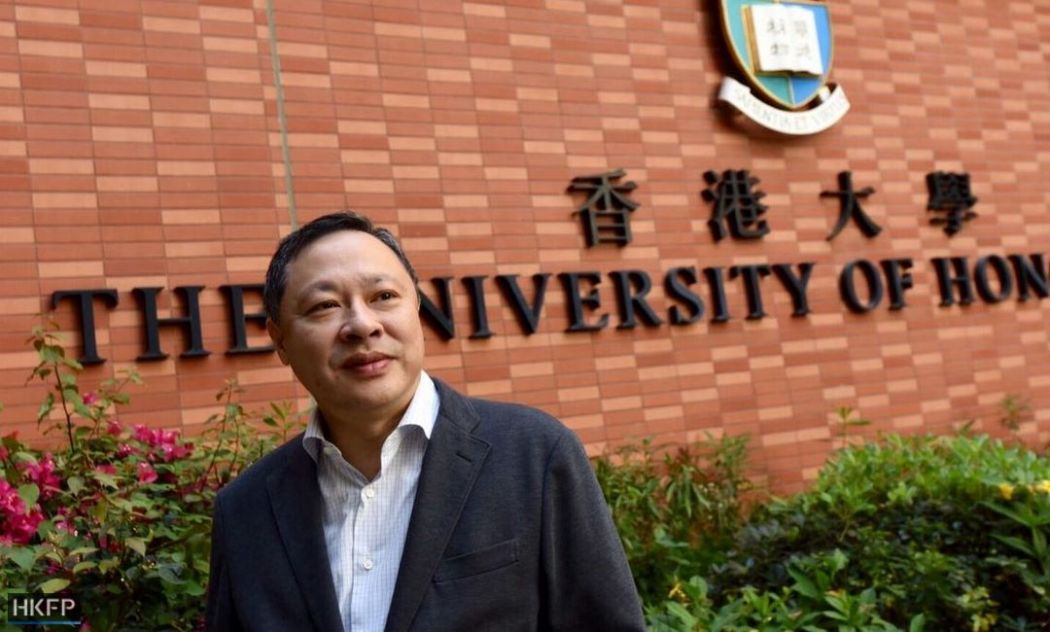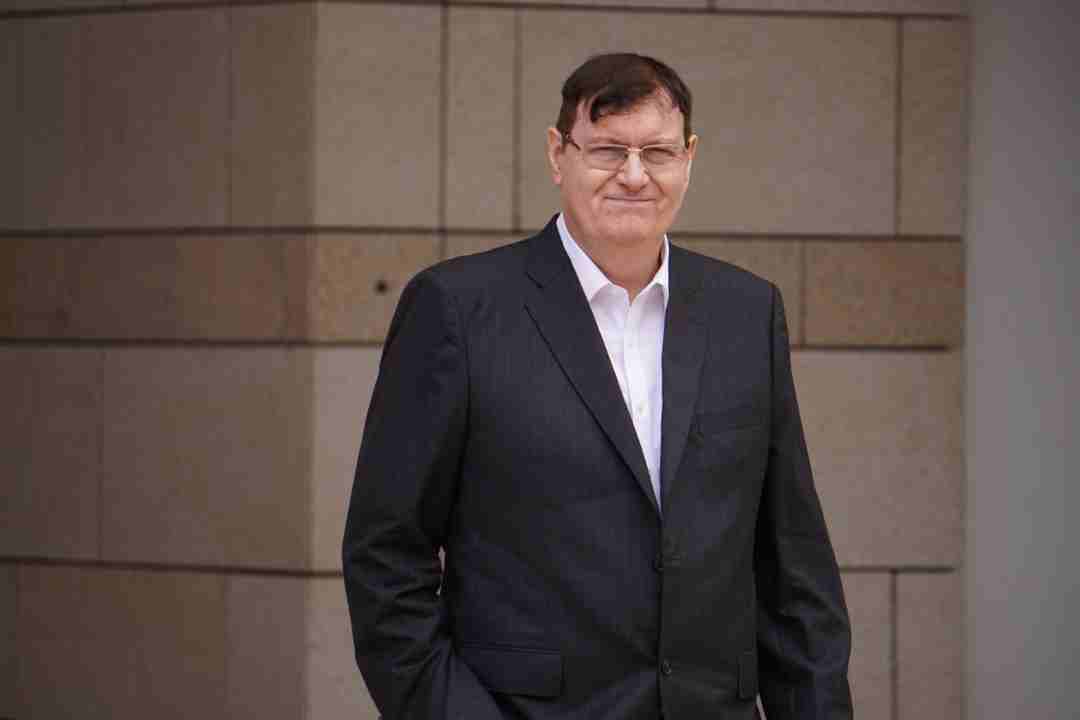Occupy Central co-founder and law professor Benny Tai made an emotional paean to civil disobedience and democracy on Wednesday as the trial of nine pro-democracy activists approaches an end.
Tai told the court that the intent of the 2014 occupy movement was to arouse public concern for Hong Kong’s democratic deficit, not to cause unreasonable obstruction.

“If we were to be guilty, we will be guilty for daring to share hope at this difficult time in Hong Kong,” he said.
“I am not afraid or ashamed of going to prison. If this is the cup I must take, I will drink with no regret.”
Tai was among the nine politicians and activists who face charges over the 79-day pro-democracy occupation movement in 2014. The defendants face various public nuisance and incitement charges, which carry a maximum jail sentence of seven years. All have pleaded not guilty.
On Wednesday, Tai said he used many years of his life to defend the city’s rule of law, adding: “I will also never give up on striving for Hong Kong’s democracy.”
Closing Submission of Benny… by on Scribd
His speech was met with applause inside and outside the courtroom. Earlier in the 20-day trial, Tai had declined to give evidence or call witnesses, but in a surprise move he chose to give his own closing statement.
Obstruction was ‘reasonable’
Tai said the civil disobedience movement was born because in 2014 the Chinese government had “unjustly broken its constitutional promise” in not granting Hong Kong true universal suffrage.
“Since the time I was a law student at the university, I had been involved in Hong Kong’s democratic movement. Now, my son has just graduated from the university, democracy is still nowhere in Hong Kong, ” he said.
Tai argued that the non-violent movement he co-founded, Occupy Central with Love and Peace (OCLP), would open a door to resolving social conflicts.

“The purpose of civil disobedience is not to obstruct the public, but to arouse public concern to the injustice in society, and to win sympathy from the public on the cause of the social movement,” he said.
Director of Public Prosecution David Leung had previously argued that the movement caused “unreasonable obstruction,” but Tai said that could not have been the intention because such obstruction would be self-defeating.
In September 2014, protesters gathered outside the government headquarters in Admiralty instead of Central, but Tai said he believed the “spirit” of OCLP stayed the same, and it was not his intention to tell people to occupy the public roads.
Instead, Tai attributed the responsibility for the occupy movement to the police, who blocked access to the demonstration area and used tear gas.
“The police irresponsibly refused to reopen the access to the demonstration area even after the police saw that a large number of people were gathering outside,” Tai said. “The police must be responsible for the obstruction outside the demonstration area and what happened afterwards.”

Tai became emotional when discussing events following the police’s use of tear gas.
“The firing of tear gas in such a way was something that no one could have known. Matters were no longer in our control. By then, the most important thing we wanted to do was to bring everyone home safe,” Tai said, choking up.
Tai also criticised the prosecution for laying charges of public nuisance, which he considered to be excessive and unreasonable. He said it was customary for civil disobedience lawbreakers to not file a defence, but he was driven to do so because of the prosecution’s tactics.
‘Not radicals’
In a separate closing statement, defence lawyer Gerard McCoy said on Wednesday that the “Occupy trio” – Benny Tai, Chu Yiu-ming and Chan Kin-man – were practicing an idealised version of civil disobedience.
“They are not hotheads or radicals,” McCoy said, describing the occupy movement as a “measured and incremental form” of resistance.

McCoy also argued that modern-day protest movements are “autonomous organisms” in which participants are often mobilised through social media.
Aside from the Occupy trio, the remaining six defendants are politicians Shiu Ka-chun, Lee Wing-tat and Tanya Chan, and activists Raphael Wong, Tommy Cheung and Chung Yiu-wa.
